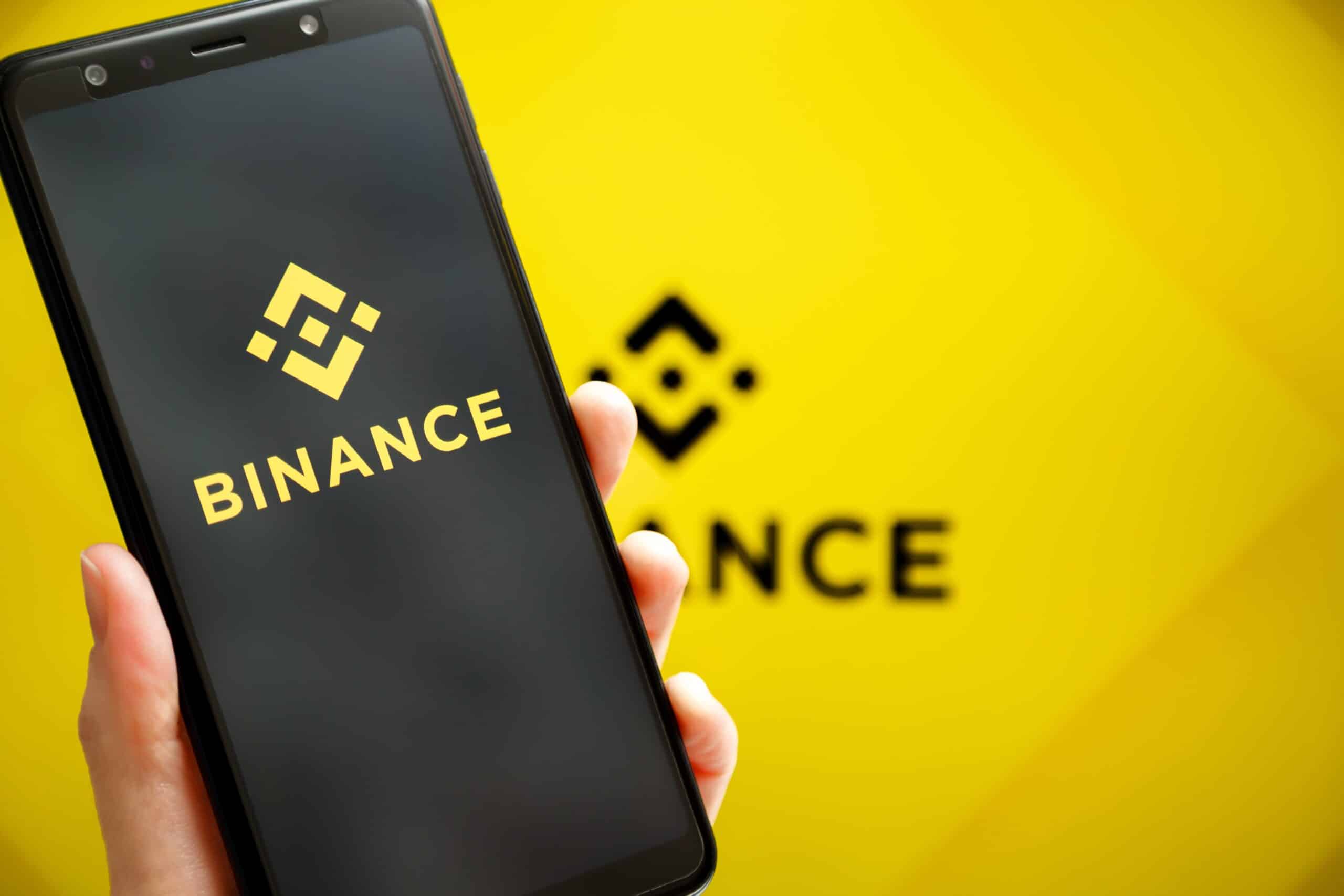The Securities and Exchange Commission’s landmark case against Binance is homing in on a key question: Who has the keys to Binance.US’s assets?
Binance remains by far the largest crypto exchange in the world, despite the SEC’s case, as well as criminal charges from the Justice Department in November against Binance and Changpeng Zhao, the founder, CEO and longtime public face of the exchange.
The two cases have revealed an extensive schema of previously unknown companies and entities affiliated with Zhao — in no small part thanks to information revealed as crypto’s favorite banks were collapsing like dominoes a year ago.
The court in the Justice Department’s case last week told Zhao to surrender his passport, a safeguard to keep him from leaving the U.S. between now and his sentencing.
Read more: Binance Founder CZ’s Criminal Sentencing Date Postponed to April: Report
New filings show the SEC equally worried about keeping Binance.US’s assets from being whisked abroad, one of its initial concerns in the case and one it says Binance still has not adequately addressed.
The SEC recently introduced a flurry of new evidence in its case, including bank records and excerpts from previously sealed depositions. It is part of a dispute over the discovery process — Binance wants it over, while the SEC wants to keep it going.
The agency is arguing to the court that Binance.US, also known as BAM, has not fully kept its assets separate from those of Binance Holdings Limited, the global entity. “Expedited discovery has cast doubt upon BAM’s claims that it exclusively controls the private keys,” the SEC says.
The SEC presents its fear that Binance is going to pull assets out of its American branch, Binance.US and out into the wider world, where the Wall Street beat cop struggles to reach.
In the words of the SEC, the question is “whether Binance Holdings Limited (’BHL’), Zhao, or any of their affiliated entities have any custody, control, or the ability to transfer BAM’s Customer Assets.”
Amid this dispute, a mysterious individual long at the center of conspiratorial hubbub about who controls what at Binance has come to the forefront: Guangying “Heina” Chen.
Who’s the Boss?
Chen has no official title within Binance, which has led to her becoming the subject of much speculation among the public. Her role is one that the global exchange has gone to great lengths to downplay, generally referring to her as something along the lines of “back office manager” for Binance Global.
One new exhibit intended to contradict that title is just a screenshot of a text from one executive to Binance.US’s new Chief Information Security Officer, introducing Chen as “Binance’s CFO.” And regardless of title, Chen is supposed to work for Binance Global, outside of a silo around Binance.US. Throughout the recent documents, the SEC establishes Chen as the person they fear has access to Binance.US’s customer assets.
Read more: A16z, Binance Labs Make Investments in EigenLayer Ecosystem
“Chen (who is identified as the “Back Office Manager” in the Complaint) controlled BAM’s bank accounts and clearing operations,” the SEC writes.
“The evidence demonstrates that, as of June 2023, a senior BHL employee, Guangying ‘Heina’ Chen, set up at least three electronic devices that maintained BAM’s key shards, and maintained a hardware wallet on which BAM customer and company assets were staked,” the SEC’s counsel writes.
One of the new pieces of evidence is a request from Silvergate Bank, which maintained accounts for several Binance entities, for information on transactions between Binance Switzerland and BPlay, an opaquely Binance-affiliated gambling site. “Chen Guangying” is listed as the sole signatory for BPlay.
Neither Chen nor Binance responded to requests for comment for this story.
The Shards
A focal point of the SEC’s argument is concern that Binance.US’s chief information security officer, Erik Kellogg, had to physically retrieve a shard of a private key from Chen when he started his position, a process he delayed until shortly after the SEC filed suit against the exchange last June. In essence, the SEC suspects that Chen still has or could make keys to Binance.US’s customer assets.
Sharding of private keys is risky. The shards of a private key cannot just be transferred or reset individually. Shards of private keys, when compromised, often require the creation of a whole new original private key.
Shards can be held in multiple hands, “like two people can hold the same private key,” Lukas Schor, a co-founder of custody Safe, told Unchained. “It‘s just a secret that ideally is not shared.”
As the Wealth Security Protocol, makers of a self-custody wallet, wrote, “If the key is compromised either at creation or during reconstruction, a user’s funds can be stolen.”
“Can she [Chen] create a new shard?” the SEC asked Tao Zhang, who runs Binance.US’s clearing team, in an unsealed section of his deposition. “I don’t know,” was Zhang’s answer, over an objection from Binance.US attorney Matthew Laroche.
“Does she [Chen] know who all the shardholders are?” the SEC’s attorneys asked. The answer was another objection from Laroche and another “I don’t know” from Zhang.
Responding to the SEC in the case’s status report, Binance’s legal team wrote that “the SEC has not pointed to any evidence that BAM’s customer assets are not secure or have been misused or dissipated in any way.”



